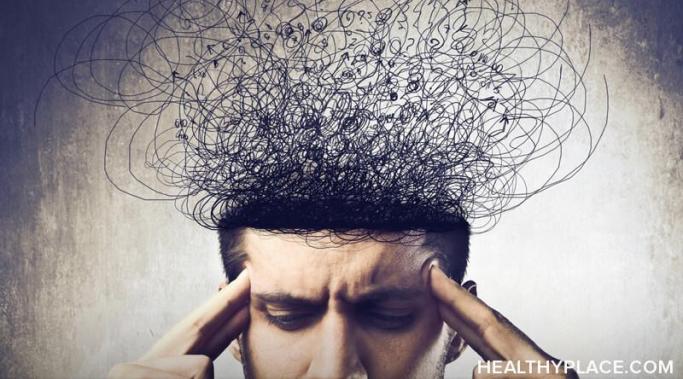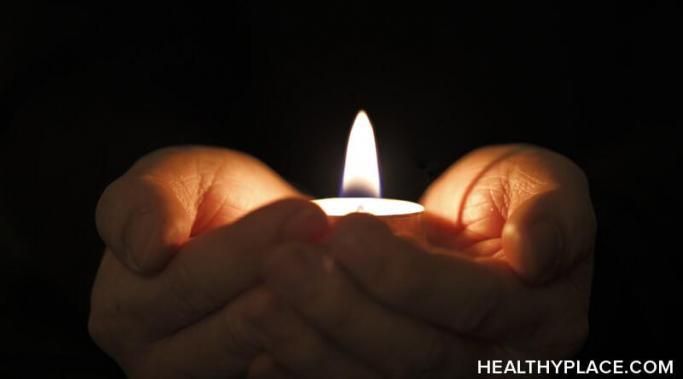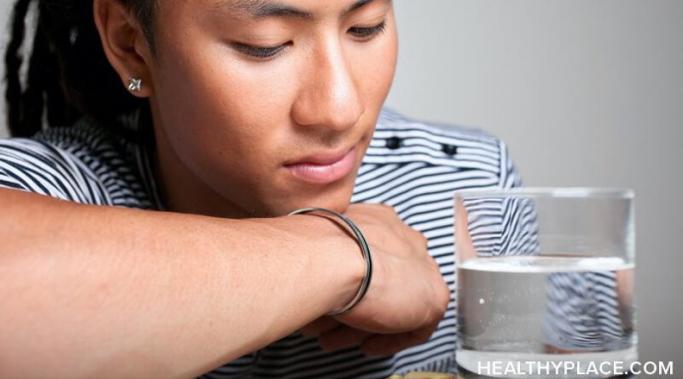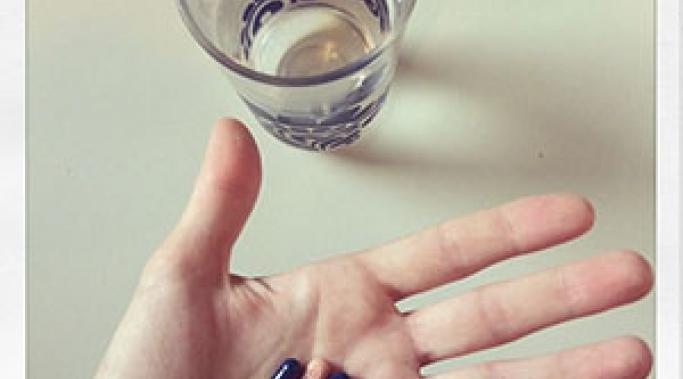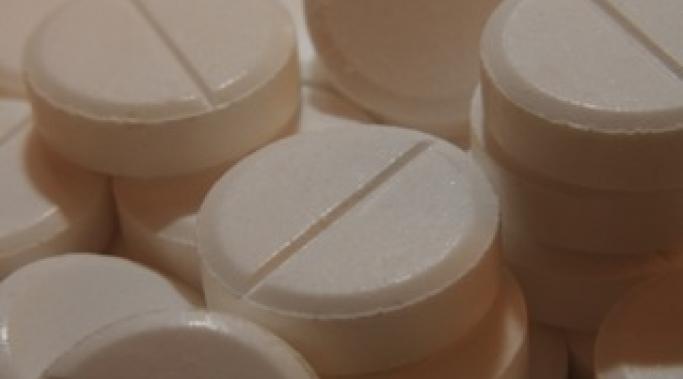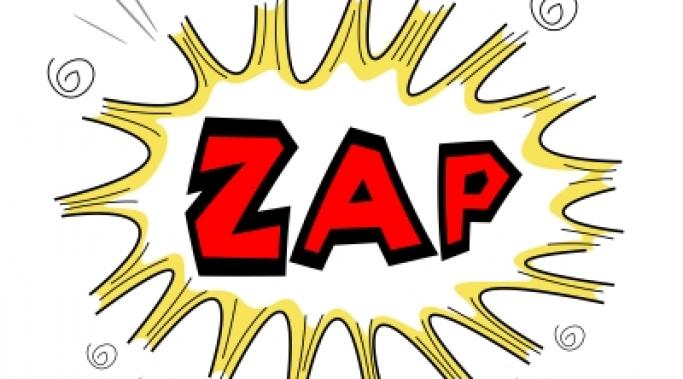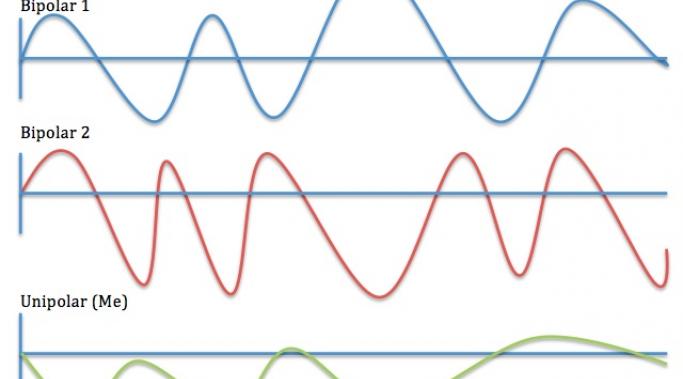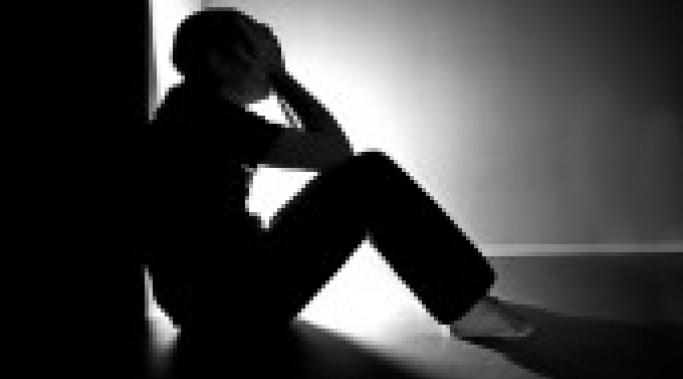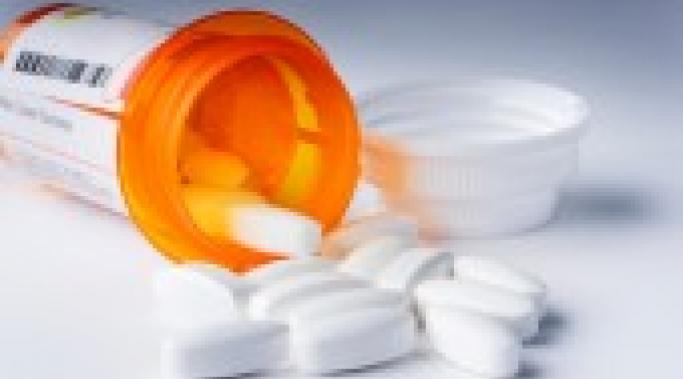The mixture of chaos and depression will increase the longer we continue to face the COVID-19 pandemic. When chaos takes place in our mind, we can have a harder time coping with our depression. I am finding this to be true for myself over the past several days. If you, too, are feeling more chaotic and finding it especially difficult to cope with your depression lately, then let's see if we can figure out some coping strategies that might help.
Depression Medications
Why might someone coping with depression develop a tough exterior? Is fostering a tough exterior a good way to cope with depression? Let's explore these ideas.
Having healthy coping skills and knowing how to practice them can play a major role in suicide prevention. When someone is struggling with depression and suicidal thoughts, the pain and confusion he/she feels is often compounded by misinformation, incorrect beliefs, and unhealthy coping skills. Yet, these are often the only things a person suffering from a mental health crisis has at his/her disposal. It's time to change this now by having educational conversations about mental health, suicide, and healthy coping skills. (Note: This post contains a trigger warning.)
Like me, many of you may also take medications for depression; also, like me, you may be dealing with some antidepressant side effects. While I'm thankful for the improvements antidepressants make in my ability to cope with depression, I am sometimes frustrated by the side effects of the antidepressants. Some of you probably feel the same way. I also realize that many of you may have opted not to take antidepressants because of the side effects they can cause. Today I'd like to talk about how we can take the psychiatric medications that can help us while learning how to manage antidepressant side effects.
In the past year I've met a few people who have very strong views about antidepressants, mostly with the opinion that they are unnecessary for treating depression effectively. It's easy to start to believe this, as long as I'm on my medication and am feeling positive. I've just had three days without one of my antidepressants, however, and I never want to go off it again.
My Mom is 88 years old. She loves me. She worries about me. Almost every time we talk she asks me, "Are you still on your depression meds?" I respond patiently, because I know she probably doesn't remember me saying this to her dozens of times in the past. "Yes, Mom. I'll be on my medication likely for the rest of my life." She nods. She understands. For now. Until the next time she asks.
Quitting your depression medication without the doctor's help can lead to trouble. In fact, getting off your antidepressant medication on your own is a very bad idea.
I know, because I did it.
Despite my own depression and experiences with anxiety and panic over the years, my knowledge of bipolar disorder was very limited. I knew about bipolar disorder and knew about the mood severities associated with it. But, it wasn’t until two years ago, when Catherine Zeta-Jones came out to the public about her battle with bipolar 2 that I even knew there was a bipolar TWO.
That which doesn’t kill us only makes us stronger. We’ve all heard the cliché.
That may ring true for some, but not for me.
My depression has been raging these past few weeks, putting me through a hellacious test. Only it hasn’t made me stronger. It’s made me weaker. It’s made me tired. And it’s frustrated me to no end.
I’m an impatient patient.
When I was first diagnosed with depression seven or so years ago, my doctor prescribed me an antidepressant medication, warning me that it might take 2 to 4 weeks before it made any difference.
Boy was that an understatement.
